I have a problem. I need to pass variables from one site to another site. I don't want to use GET method as I need to pass some secure variables.
How would I do it?
I have a problem. I need to pass variables from one site to another site. I don't want to use GET method as I need to pass some secure variables.
How would I do it?
Your best (and most simple) bet if you're concerned about security would be to:
This is a simple way of doing a secure "pass" of data... albeit, there are more elegant solutions.
See example of flow:

Did you consider http POST? It works just like GET, as far as its PHP/HTML implementation: <form action="inputUrl.php" method="post"> for sending and $_POST["var"] for receiving.
As far as security goes, POST is much better than GET, as the data is sent behind-the-scenes, rather than embedded in the URL, making it the typical protocol for login info. It also works well for one-time actions, like purchases. However, it still sends data in plain-text by default, so you should definitely enable encryption/decryption on the two respective servers to enforce data security. You can do this easily enough with PHP; look into the crypt() function.